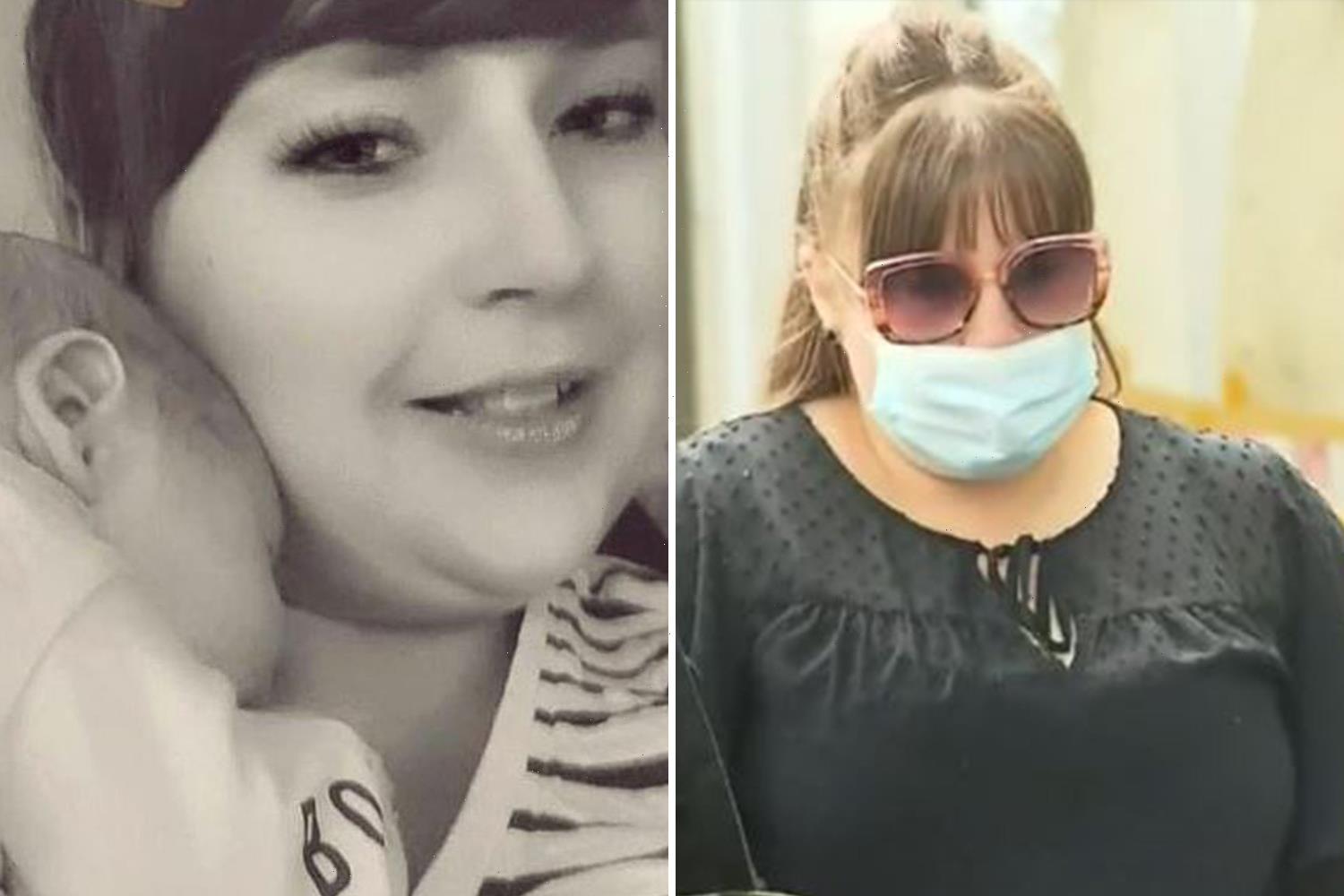AstraZeneca unveils new research centre in Cambridge
We use your sign-up to provide content in ways you’ve consented to and to improve our understanding of you. This may include adverts from us and 3rd parties based on our understanding. You can unsubscribe at any time. More info
The drugmaker has recorded record revenues following the success of its Covid vaccine, up 41 percent to $37.4billion (£27.28billion). The Anglo-Swedish drugmaker made almost $4billion (£2.9bn) from its Oxford jab last year. The company has warned the boost from its COVID-19 vaccines will decline this year, but it has several other breakthroughs on the horizon.
The pharmaceutical giant is in the process of developing revolutionary cell therapies in the battle against cancer.
The company is hoping to develop groundbreaking methods physicians could use in t-cell therapy to “focus on curing” cancer “once and for all”.
Mark Cobbold, Head of the Oncology Cell Therapy unit: ”The next decade is about the emergence of curative medicines for cancer.
“We are energized to be bringing together a team with the expertise and experience to develop those breakthroughs.”
The firm appears hopeful that it will advance the already state-of-the-art technologies used in t-cell therapy, the process where specialists make small changes to t-cells in the body.


T-cells move around the body to find and destroy faulty cells and play a crucial role in fighting infection and diseases like cancer.
But that is not the only advancement to science that AstraZeneca is making.
It also appears to be making impressive progress in the fight against cardiovascular diseases like heart failure.
The company’s vascular and cardiac regeneration initiative seeks to bring together the skills and expertise of scientists from AstraZeneca and Moderna Therapeutics.
It focuses on advancing the science of tissue regeneration, and important step in treating these diseases.

The project is said to be building on exciting scientific developments in mRNA technology, the same tech that is used in several Covid vaccines.
Regina Fritsche-Danielson Senior Vice President and Head of Research and Early Development, Cardiovascular, Renal and Metabolism, BioPharmaceuticals R&D, said: “Leading a team from the start of our regeneration programme has been hugely rewarding.
“We have had to overcome a lot of scepticism within the science community about whether such an approach could possibly work in heart failure.
“But, working with Moderna, we are delighted to have already made significant progress and we believe this is just the beginning for human vascular and cardiac regeneration therapies.”
AstraZeneca has also come out with an antibody treatment for Covid which proved to be 80 percent effective at preventing Covid in people who do not respond well to vaccines.
DON’T MISS
‘Food prices to rise further’ in UK as Putin BANS export of chemical [INSIGHT]
Rishi turns back on PM and calls for six oil and gas fields to be fire [REVEAL]
Brexit Britain set to build AND launch Galileo alternative from UK [REPORT]


Patients in a trial were given a single injection of the antibody treatment, AZD7442 ,which delivered “compelling” results.
Hugh Montgomery, professor of intensive care medicine at University College London, said: “These compelling results give me confidence that this long-acting antibody combination can provide my vulnerable patients with the long-lasting protection they urgently need to finally return to their everyday lives.
“Importantly, six months of protection was maintained despite the surge of the delta variant among these high-risk participants who may not respond adequately to vaccination.”
And it looks like the pharma giant is keen to roll this out as soon as possible.
Mene Pangalos, executive vice president of biopharmaceuticals research and development at AstraZeneca, said: “We are progressing regulatory filings around the world and look forward to providing an important new option against SARS-CoV-2 as quickly as possible”
Source: Read Full Article


